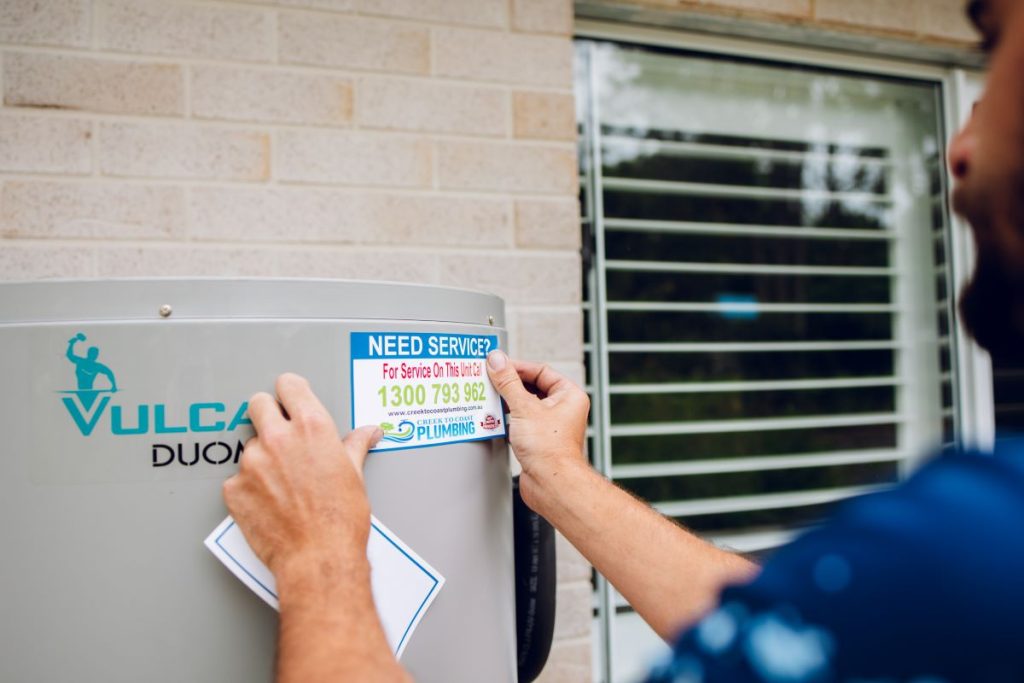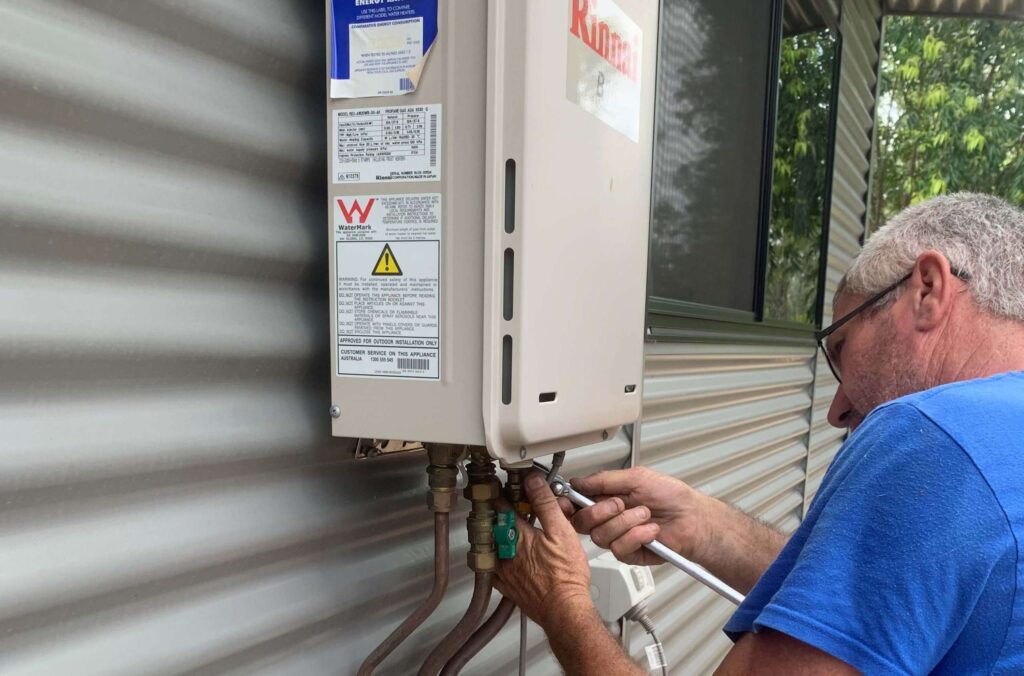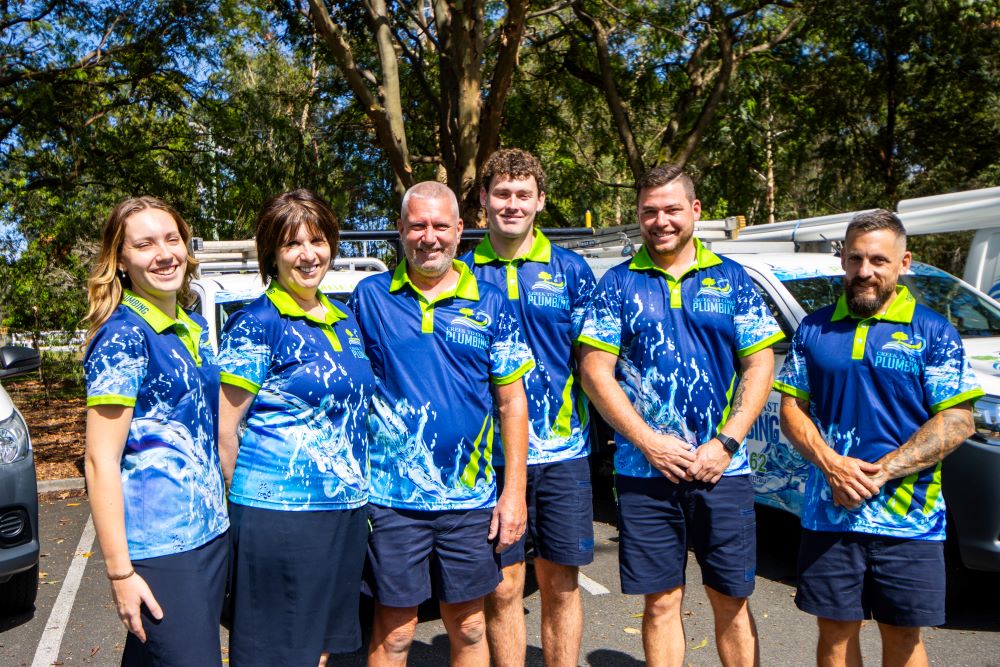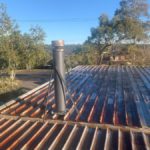If you’re considering the installation of a solar hot water system in Queensland, you may have come across the term booster systems. It’s essential to understand their significance. Do you really need one for your solar hot water system? And what implications arise if you choose to forgo this crucial component?
The straightforward answer is a resounding yes — a booster is absolutely essential. In this comprehensive guide, we will delve into how solar hot water systems operate, the circumstances under which boosters activate, and the critical information Queensland homeowners should be aware of to avoid unexpected cold showers.

Understanding the Importance of Boosters in Solar Hot Water Systems
A booster serves as a secondary heat source, typically powered by electricity or gas, which effectively heats your water supply when solar energy is insufficient. This is crucial for ensuring that you continue to receive hot water during various scenarios, such as:
- Overcast or rainy days
- Early mornings or late nights when sunlight is scarce
- Winter months characterized by shorter daylight hours
- Periods of high demand, such as extra showers or laundry loads
Without a booster, your solar hot water system may struggle to provide consistent hot water, especially during peak usage times or when the weather is less than favorable.
Comparing Electric and Gas Boosters for Optimal Performance
Electric Boosters are typically found in homes that operate entirely on electricity. These systems automatically heat the water when the solar input is low. Some benefits include:
- Widely available and easy to install
- Lower initial installation costs
- Operates automatically, ensuring hot water is available
- Potentially higher running costs depending on the energy tariff
Gas Boosters, on the other hand, are favored in homes that already have a gas supply. They provide on-demand heating, which means they only activate when hot water is required. Their advantages include:
- Fast and efficient heating
- Typically lower running costs compared to electric boosters
- Higher initial installation costs if there’s no existing gas connection
For households with continuous-flow needs or those transitioning from off-grid solar systems, we highly recommend considering gas boosters for their efficiency and performance.
How Solar Boosters Integrate with Your Hot Water System
Most solar hot water systems utilize a thermostat or sensor that diligently monitors the water temperature. If the water temperature falls short of the required level—typically set at 60°C for health compliance—the booster automatically activates to ensure you always have access to hot water.
Homeowners can choose between:
- Manual Boosting: This option grants you control over when to engage the booster system.
- Automatic Boosting: The system activates the booster only when necessary, enhancing convenience.
In Queensland, automatic boosters are more prevalent due to their compliance with regulations and their convenience for users.

Essential Regulations for Solar Hot Water Systems in Queensland
Indeed, under the Queensland plumbing regulations, it is mandated that a compliant solar hot water system must be capable of delivering reliable hot water throughout the year. This requirement inherently means that a booster is necessary.
This regulation also serves as a safety standard. To prevent the proliferation of bacteria such as Legionella, hot water must consistently reach at least 60°C. Without the presence of a booster, you cannot ensure that this temperature will be maintained, particularly on cloudy days.
Identifying Common Issues with Your Solar Booster System
How can you tell if your booster isn’t functioning correctly? Look out for these common indicators:
- Water that remains lukewarm during the winter months
- Experiencing cold showers in the mornings, even after sunny days
- System fault lights or error codes appearing on your unit
- Hot water only available after prolonged exposure to sunlight
What should you do?
If your system is not performing as expected, it could be an issue with the booster rather than the solar panels themselves.  Schedule a system check with our professional team to identify and resolve any issues.
Schedule a system check with our professional team to identify and resolve any issues.
Recommended Service Intervals for Solar Boosters
To keep your solar system and booster functioning optimally, we recommend scheduling maintenance every 2–3 years. However, you may need to have it serviced sooner if:
- Your system is older than five years
- You notice inconsistent water temperatures
- It has been a long time since the anode rod or valve was inspected
Regular maintenance not only helps prevent breakdowns but also ensures that your booster activates when necessary, providing you with consistent hot water.
Understanding the Impact of Boosters on Your Energy Bills
A properly installed and well-maintained booster system has a minimal impact on your energy bill, particularly when compared to systems that run solely on electricity.
To reduce the frequency of booster usage and associated costs, consider the following tips:
- Install a timer for manual boosters to optimize usage
- Utilize hot water primarily during daylight hours when solar energy is abundant
- Insulate your pipework to minimize heat loss
Expert Assistance for Your Solar Booster Needs in Queensland
We provide comprehensive services for the supply, installation, and maintenance of solar hot water systems with boosters across Caboolture, Moreton Bay, and North Brisbane. If you’re uncertain about the functionality of your booster or if you need to determine which type is best suited for your system, we are here to assist.
 Contact a licensed solar plumber today for expert advice.
Contact a licensed solar plumber today for expert advice. Explore comprehensive cost comparisons and different system types here.
Explore comprehensive cost comparisons and different system types here.

Frequently Asked Questions about Solar Boosters
Can I turn my booster off to save power?
Yes, you can, but this is only advisable if your system allows for manual control. However, proceed with caution—without proper monitoring, the risk of cold water exposure increases significantly.
What is the recommended temperature for hot water?
Hot water should reach at least 60°C for storage systems. This temperature is not only a legal requirement but also a crucial health standard in Queensland.
Is it possible to add a booster to an existing solar system?
Absolutely! We can retrofit boosters onto compatible systems or assist you in upgrading to a new model that features integrated control for enhanced functionality.



I appreciate this deep dive into the importance of booster systems in solar hot water systems for Queensland homeowners. It’s a topic that often gets overlooked amid the excitement of going solar, but the practicalities, like ensuring a steady supply of hot water, are so vital.
Your point about the practical side of solar hot water systems is spot on. It’s easy to get swept up in the idea of harnessing the sun’s energy and reducing reliance on traditional power sources. But if the system can’t deliver a reliable supply of hot water when you need it, that excitement can quickly turn into frustration. Many homeowners may not realize that a well-planned booster system can be just as crucial as the solar panels themselves.
Your analysis of the necessity of booster systems in solar hot water setups is particularly relevant, especially in a region like Queensland, where weather patterns can significantly impact solar energy generation. I remember when my family installed our solar hot water system; we were initially hesitant about the need for a booster. We thought, with all those sunny days, we could easily get by without one. However, after a few weeks of overcast weather, we quickly realized how important that extra layer of support is for maintaining a consistent supply of hot water.
It’s interesting to hear your experience with solar hot water systems, especially in a place like Queensland where the sun seems ever-present. Your hesitance about the booster is quite relatable—many people initially assume that sunny days equal constant hot water. Those first few weeks of overcast weather can certainly be an eye-opener. It’s fascinating how quickly we adapt our expectations to the technology we rely on.
You’re spot on about the unexpected challenges that come with relying on solar hot water systems. It’s easy to make assumptions about endless sunshine when you’re in a place like Queensland, but those cloudy days can really put things into perspective. I remember adjusting my expectations after a few rainy spells, and it was a reminder of just how much we take for granted. It’s all about striking that balance between embracing the technology and understanding its limitations.
I appreciate you breaking down the importance of booster systems for solar hot water systems, especially for those of us living in Queensland! Your explanation really hits home because I’ve been considering going solar but was initially skeptical about the need for a booster. I can imagine standing there in winter, quietly shivering, realizing I forgot to think about those overcast days!
I appreciate the deep dive into the importance of booster systems for solar hot water setups, especially in Queensland’s variable climate. As someone who has had the experience of transitioning to solar hot water, I can certainly relate to the concern about running out of hot water during unexpected weather changes.
I can relate to your experience with solar hot water and the challenges that come with the unpredictability of weather in Queensland. It’s interesting how much our daily comforts can hinge on something as variable as sunshine. Have you noticed any specific times throughout the year when you felt the impact of the weather more acutely?
It’s great to hear about your experience with solar hot water systems, especially considering the unique challenges that Queensland weather can present. Transitioning to solar hot water can really open your eyes to how dependent we are on reliable hot water, and it’s interesting how quickly you realize its value during those overcast days when sunshine isn’t as reliable.
Your exploration of booster systems in solar hot water systems is quite thought-provoking. Living in Queensland, where the sun shines bright for much of the year, I initially approached the idea of solar hot water systems with excitement. However, like many others, I found myself grappling with the nuances of these systems, particularly the role of boosters.
It’s great to hear your perspective on solar hot water systems, especially coming from a sunny spot like Queensland. The excitement for harnessing solar energy is understandable, but the practical aspects can be a bit of a maze, can’t they?
It’s really interesting to see the focus on booster systems in solar hot water setups. I’m a current user of such a system, and I can share that my booster has definitely saved me from the dreaded cold shower on those stormy Queensland days!
I can imagine those stormy Queensland days—definitely not ideal for a cold shower. It’s great that your booster has been a reliable backup. I’ve always found it fascinating how solar technology has evolved to meet real-life needs like that.
I stumbled upon an article recently that sheds light on home electrical services in Melbourne’s outer east, and it got me thinking about how essential reliable systems, like booster setups, are for keeping our homes running smoothly, especially during unpredictable weather.
‘Home Electrical Services: Your Guide to Melbourne’s Outer East’
https://writebuff.com/home-electrical-services-your-guide-to-melbournes-outer-east/.
It’s interesting to see how crucial boosters are for solar hot water systems, especially in a place like Queensland where weather can be quite unpredictable. I’ve installed a solar hot water system at my home, and I can attest to the peace of mind a booster provides. There have been days when overcast skies meant not enough solar gain, and without that backup, cold showers would have been inevitable.
I really appreciate how you’ve highlighted the importance of booster systems in solar hot water setups! As a Queensland homeowner myself, I know all too well how unpredictable our weather can be. Those overcast and rainy days can quickly turn what’s supposed to be a relaxing shower into a chilly experience if you’re not prepared.
It’s true, the unpredictability of Queensland weather can really catch you off guard. I imagine you’ve had your fair share of chilly showers when the sun decides to hide. When I installed my solar hot water system, I discovered just how vital those booster systems are for maintaining comfort—especially during those grey, drizzly days.